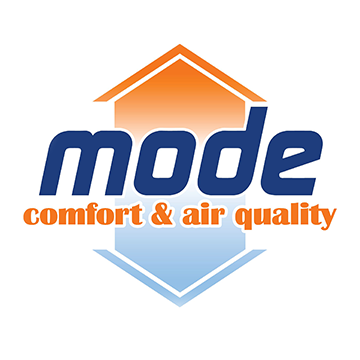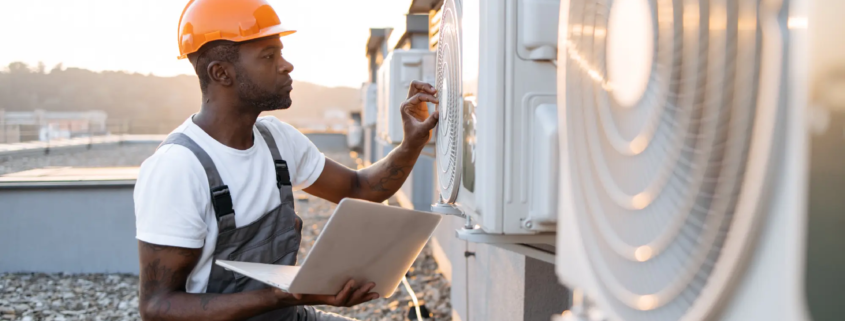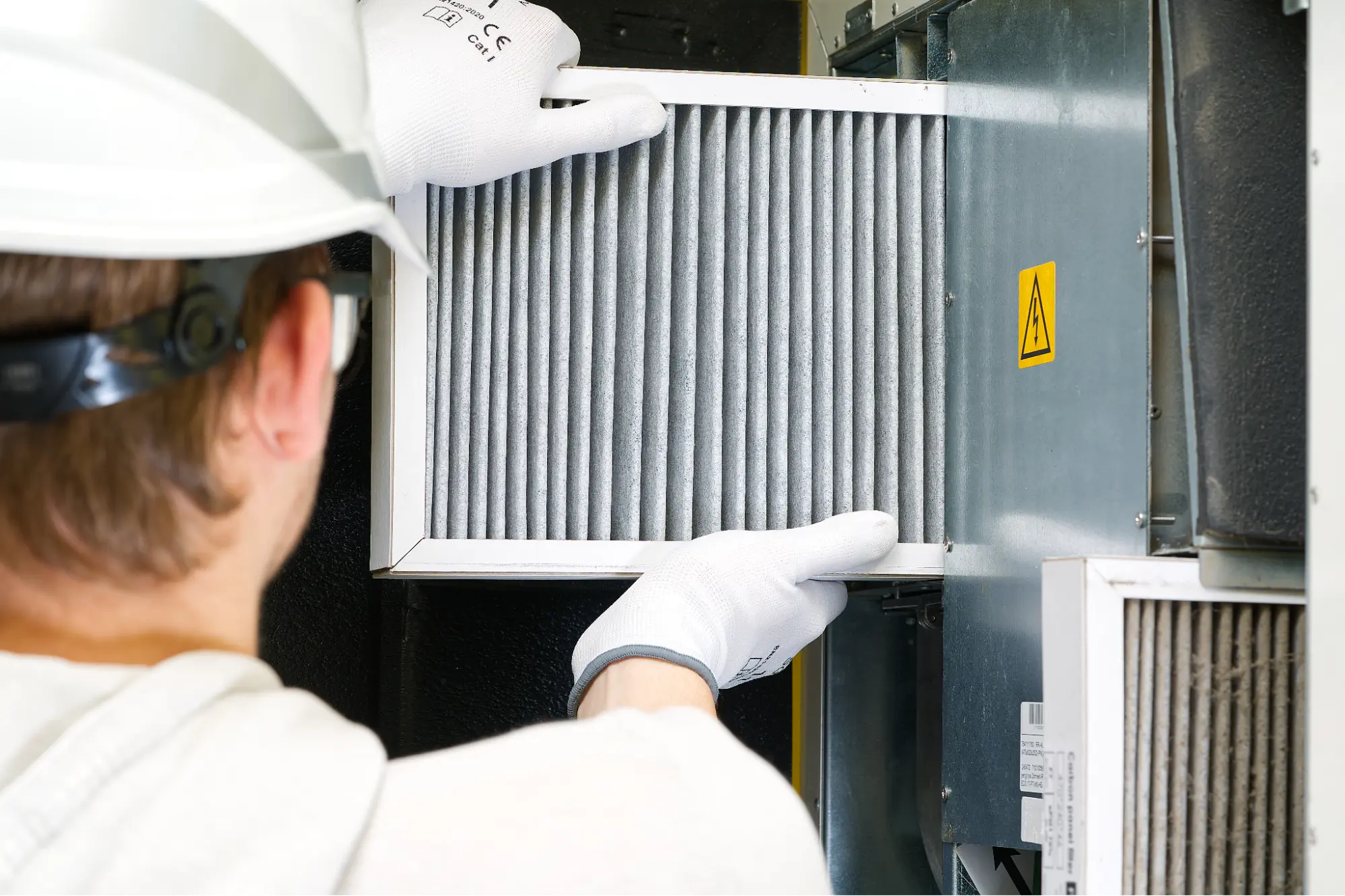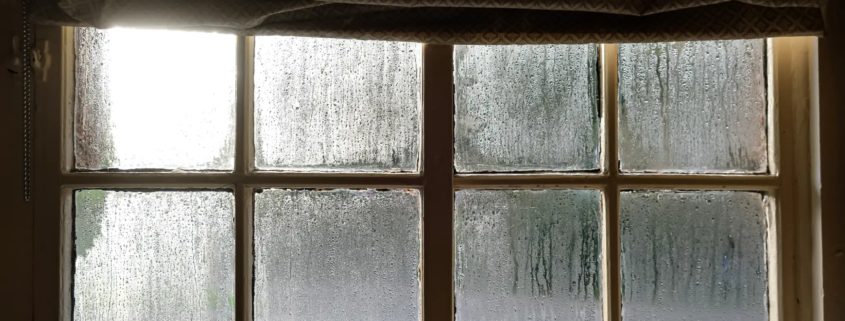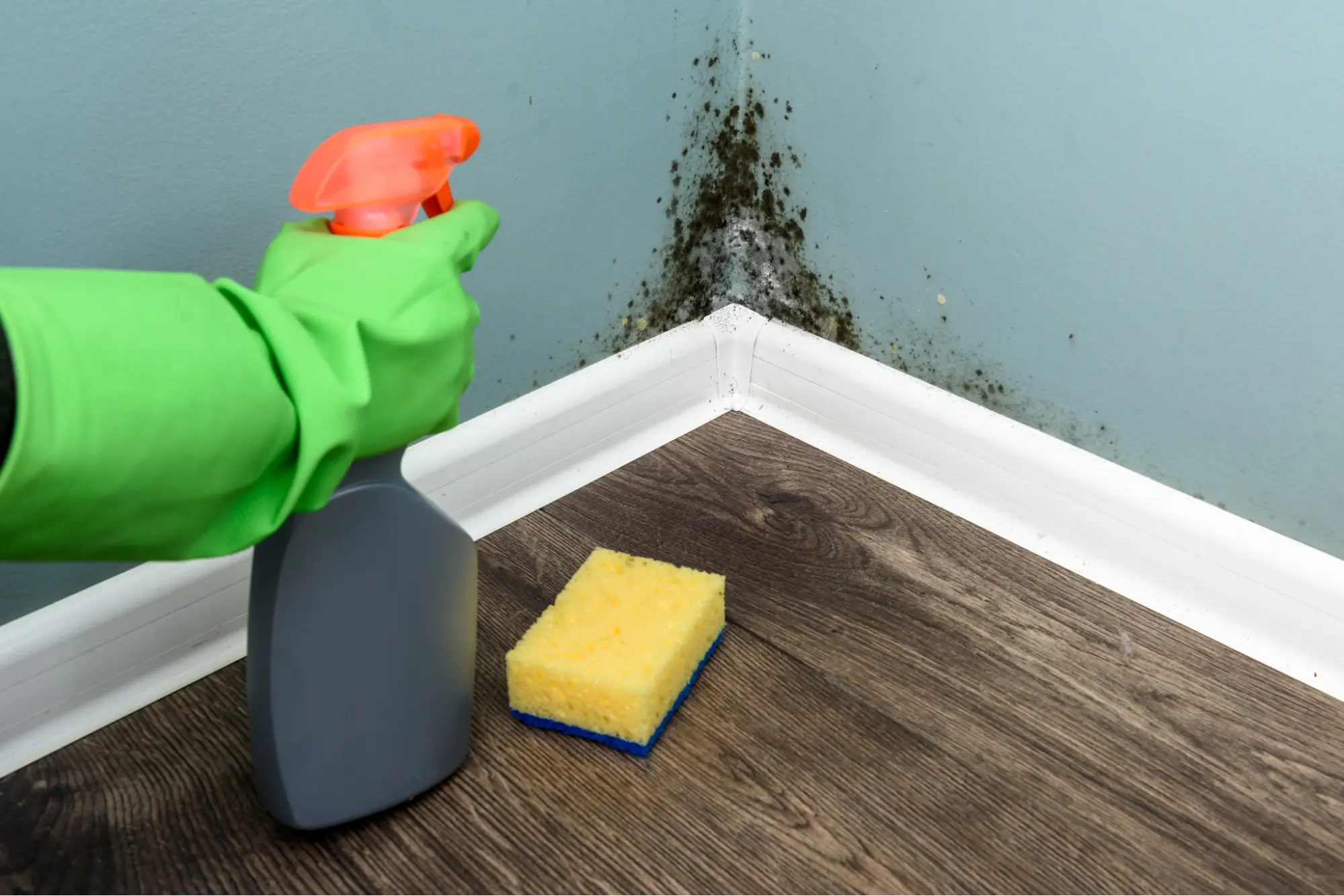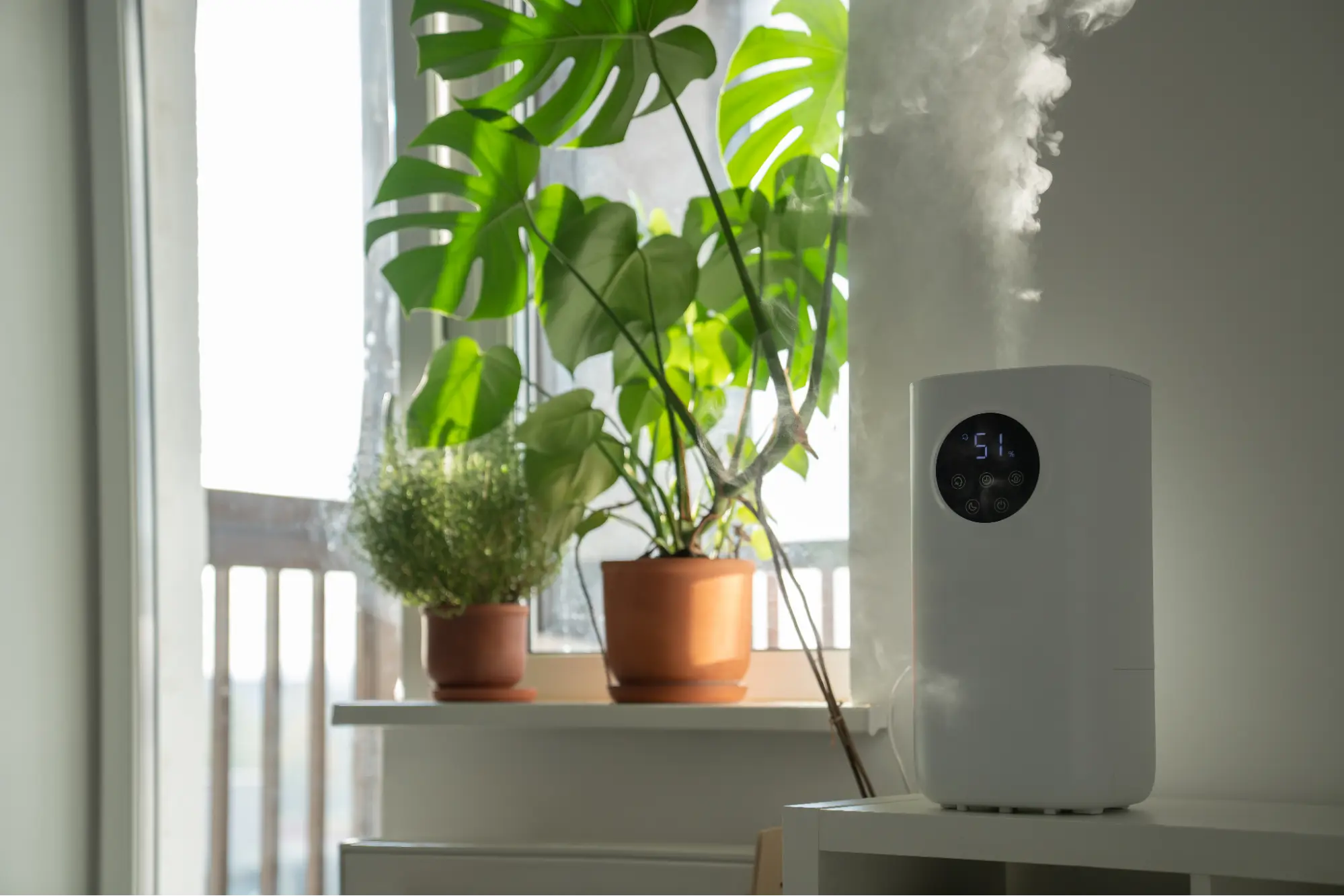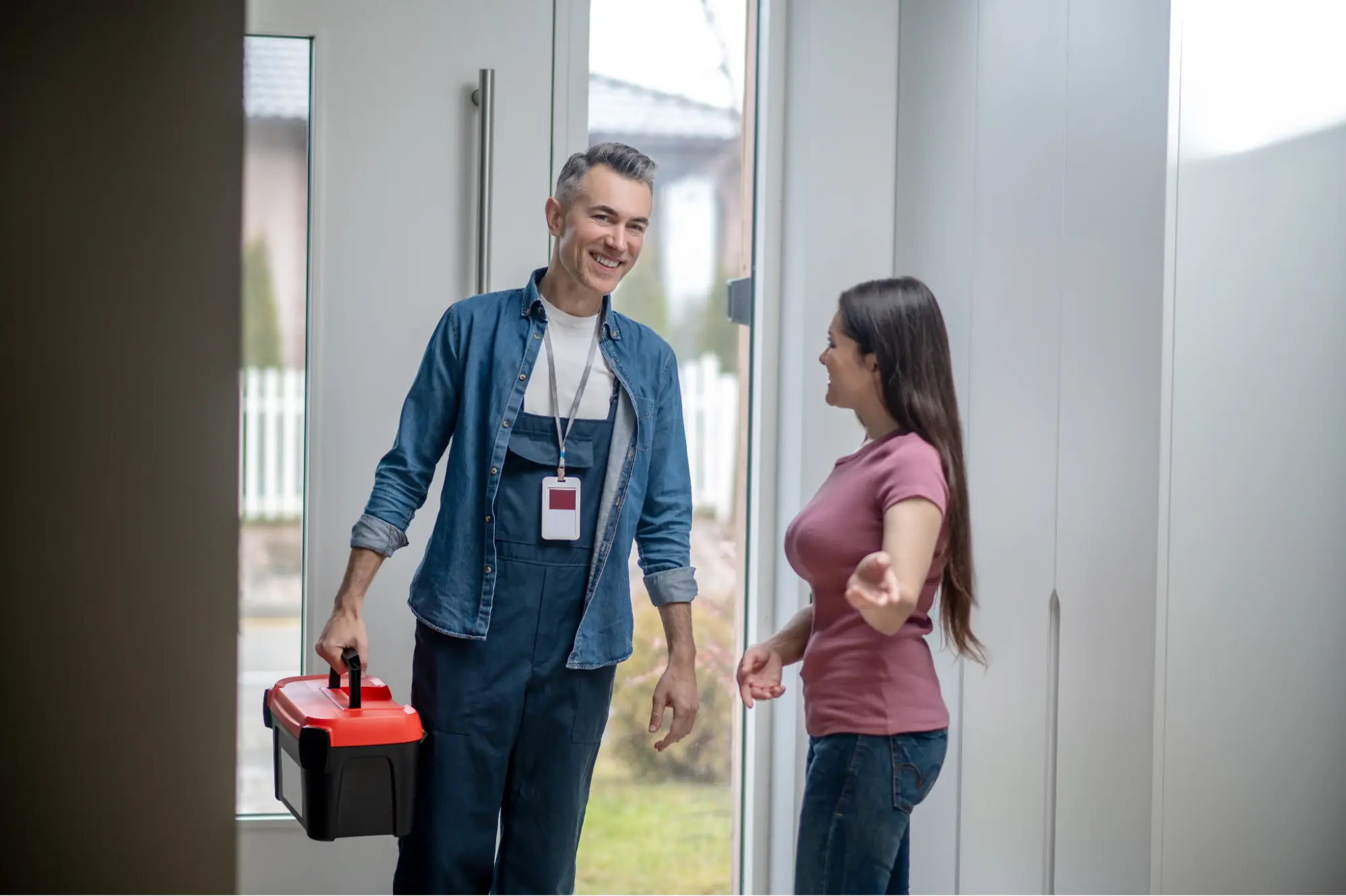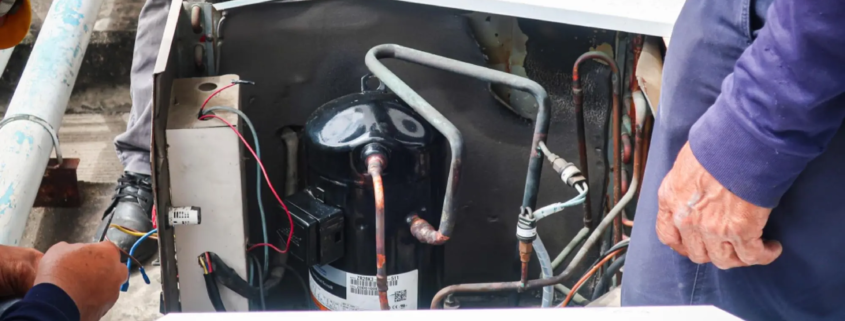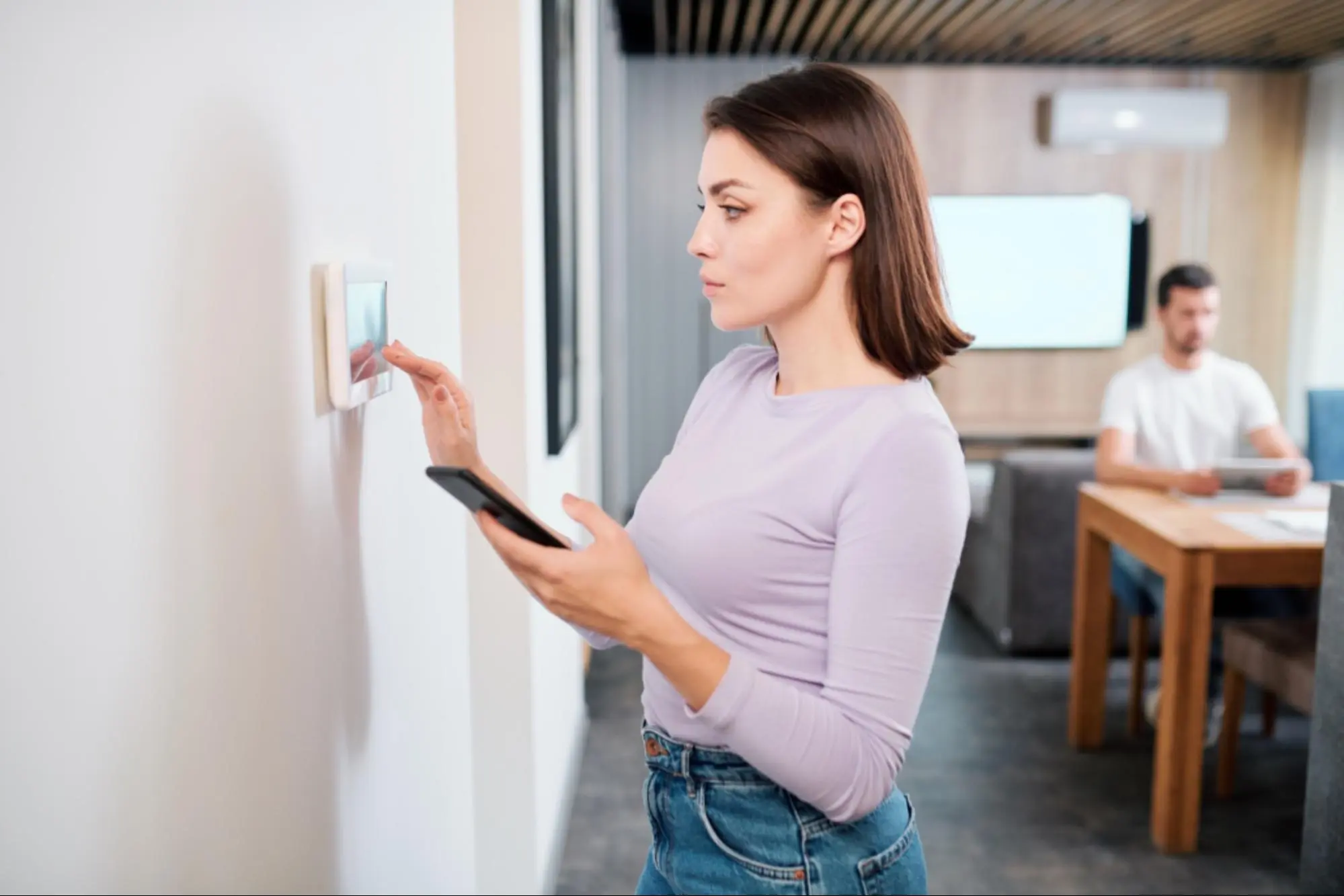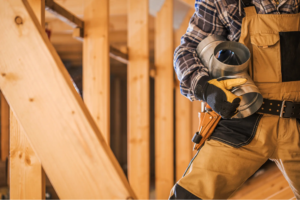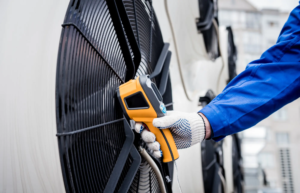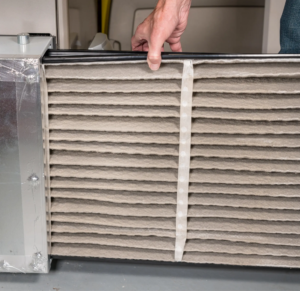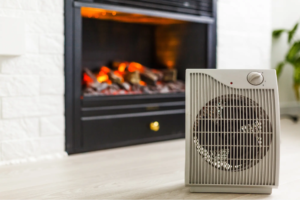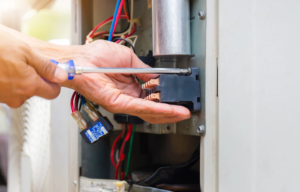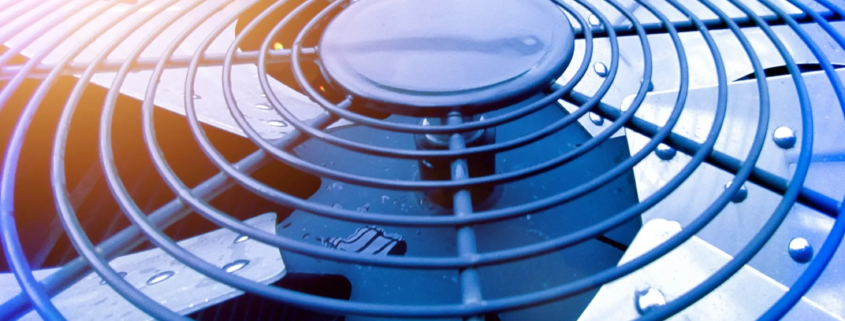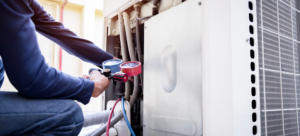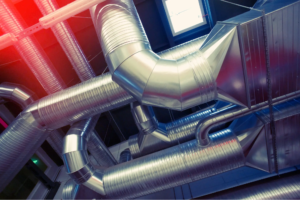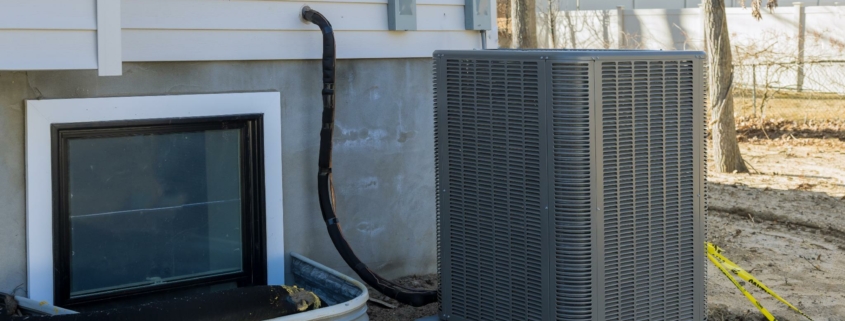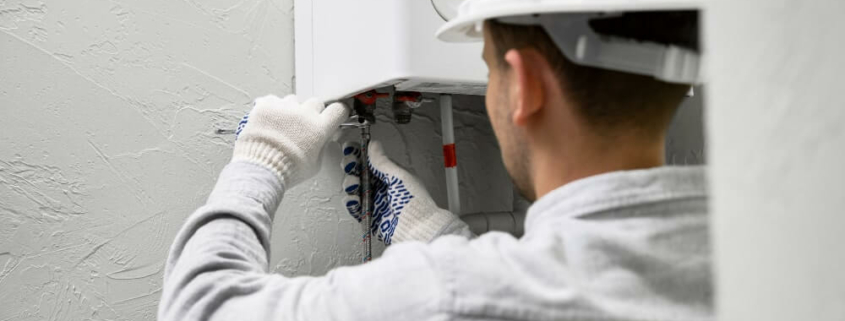Have you ever wondered how pivotal HVAC maintenance is to the comfort and air quality in your home? As seasons change, ensuring your heating, ventilation, and air-conditioning systems are in sterling condition is key to not just a cozy living space but also to energy efficiency and the longevity of your units. Need help with your HVAC maintenance? Find out about Mode Comfort’s Fan Club Membership! If you are looking for the best HVAC company in Richmond, VA, look no further than Mode Comfort and AIr Quality! In this blog post, we’ll dive deep into the world of maintenance, unpacking the benefits of HVAC maintenance.
Enhanced Energy Efficiency
Regular HVAC maintenance not only ensures your system functions optimally but also contributes to decreasing monthly energy bills. When HVAC systems are neglected, they have to work harder to maintain the desired temperature, leading to excessive energy use and higher costs. By scheduling routine check-ups, cleaning or replacing filters, and ensuring that all components are functioning efficiently, homeowners can significantly improve their system’s energy efficiency. An efficiently running HVAC system requires less energy to heat or cool your home, which is not only good for your wallet but also beneficial for the environment by reducing your carbon footprint.
How does regular HVAC maintenance contribute to improved energy efficiency in a residential or commercial setting?
Regular HVAC maintenance is akin to taking your vehicle in for regular tune-ups; it’s essential for ensuring that the system operates at peak efficiency. When neglected, the HVAC unit can become the silent energy-drainer in both residential and commercial settings. Below, we’ll delve into the benefits of routine maintenance and how it contributes to better energy efficiency:
- Optimized Airflow: Clean Filters & Ducts: A primary component of HVAC maintenance involves the cleaning or replacement of air filters and ductwork. Clogged filters restrict airflow, forcing the system to work harder and consume more energy to maintain a desired temperature. Regularly replacing or cleaning these filters eliminates this barrier, allowing easier air movement and reducing energy use.
- Efficient System Operation: Lubrication and Tightening: During a maintenance check, technicians lubricate moving parts to reduce friction, which otherwise could lead to the system using more energy. Additionally, tightening electrical connections ensures your system runs efficiently without the risk of electrical hazards or intermittent operation that can further strain the system.
- Maintaining Coils and Components: Condenser and Evaporator Coils: Regular cleaning of the condenser and evaporator coils prevents the accumulation of dirt and debris, which can insulate the coils and hinder their ability to absorb and release heat effectively. Well-maintained coils don’t have to work as hard, thus improving the system’s overall energy efficiency.
- Early Detection of Issues: Preventative Checks: Proactive maintenance can pinpoint potential issues before they become significant problems. Technicians can detect if the HVAC system is overworking due to faulty parts or other inefficiencies. By rectifying these issues promptly, the system’s energy consumption is kept to a minimum.
Improved Indoor Air Quality
Regular HVAC maintenance plays a crucial role in ensuring that the air circulating within your home is clean and healthy. Clogged filters, dirty ducts, and neglected components can harbor dust, allergens, pet dander, and even mold, all of which can be detrimental to your health and well-being. By scheduling routine check-ups and cleanings, you not only enhance the efficiency of your heating and cooling systems but also significantly reduce the potential irritants that can lead to respiratory issues, allergic reactions, and other health problems. The professional HVAC technicians at Mode Comfort have the expertise and tools to thoroughly clean and replace filters, inspect air ducts for contamination, and ensure that your system is not a breeding ground for pollutants. Homeowners who prioritize their HVAC maintenance can enjoy the peace of mind that comes with breathing cleaner air in a more comfortable living environment.
Fewer Breakdowns
No one wants to be without climate control in extreme weather. Maintaining your HVAC system ensures that you will have heating and cooling when you need it most. By catching problems early, you are more likely to only need minor fixes, saving money in the long run.
Longer System Lifespan
Regular check-ups can extend the lifespan of your heating and cooling units by identifying issues before they evolve into costly repairs or complete system failures. By scheduling annual service checks, you are effectively investing in the long-term performance and efficiency of your HVAC system. Homeowners and businesses alike can benefit from the peace of mind that comes with a reliable, energy-efficient heating and cooling system.
Consistent Comfort
A stable indoor environment is more than just a matter of comfort; it’s a health issue too. Consistent comfort helps to avoid illness that can be related to drastic changes in temperature and humidity. Especially for those with respiratory issues or allergies, maintaining a stable environment can be critical in reducing symptoms. What we often underestimate is the profound impact that consistent comfort has on our overall well-being and productivity. A well-regulated environment lets us sleep better, focus more easily, and enjoy our homes to the fullest. It’s an invisible, yet essential aspect of a modern lifestyle, allowing us to live and work without the distraction of discomfort.
Warranty Protection
Maintaining the integrity of your HVAC system warranty necessitates adherence to regular maintenance protocols. Not only does routine servicing help in the longevity of your system, but it also often forms an essential criterion for warranty claims. Manufacturers sometimes stipulate that your HVAC unit must be serviced by a certified professional at scheduled intervals to keep the warranty valid. Therefore, it is crucial to save all service records and receipts as proof of upkeep. Failure to provide documented evidence of maintenance can result in a warranty being voided, leaving you unprotected against potential costly repairs or replacements.
Peace of Mind
Mode Comfort & Air Quality understands the importance of a properly functioning HVAC system. Our maintenance programs are aimed at giving you the peace of mind that your systems are in proper working order and ready for any climate challenges. Not only are we your maintenance partner, Mode Comfort is Richmond’s first call for HVAC repair near me. We provide a variety of services and our experts are ready to tackle any issue that your system may have from AC repair in Richmond to complete system replacements. Call today to enroll in our Fan Club maintenance program!
FAQs
Why is HVAC maintenance important?
Consistent HVAC maintenance is vital for several key reasons, each contributing to the overall functionality, efficiency, and longevity of your heating, ventilation, and air conditioning (HVAC) system. Regular maintenance ensures that your HVAC system operates at peak efficiency, providing you with comfortable indoor air quality throughout the year.
What does HVAC maintenance include?
Our system check-ups include professional inspection, cleaning and replacing components (as needed), system testing, and general upkeep like lubrication and drain cleaning. Every system is unique and Mode Comfort is dedicated to keeping them all functioning properly.
What are the potential cost savings associated with proactive HVAC maintenance compared to reactive repairs?
HVAC systems are substantial investments, and like any other major investment, it’s crucial to maximize their operational life. Proactive maintenance can help identify issues such as component wear and tear, lubrication needs, or electrical problems before they develop into major failures. This can prevent the need for premature replacements, pushing the high costs of purchasing and installing new systems further down the road. Unexpected failures not only lead to discomfort but can also be quite expensive to repair, especially if they occur outside of normal business hours when emergency call-out fees apply. With proactive maintenance, the risk of encountering such emergencies is significantly reduced as potential problems are rectified during scheduled maintenance times, which are usually conducted at a lower cost compared to emergency services.
Are there any specific environmental benefits associated with routine HVAC maintenance, such as reduced energy consumption and lower carbon emissions?
There are significant environmental benefits related to routine HVAC maintenance which can contribute to both reduced energy consumption and lower carbon emissions. Regular maintenance of an HVAC system ensures that each component operates at peak efficiency. For example, cleaning or replacing air filters can improve airflow and prevent the system from working harder than necessary. This means the system uses less power to heat or cool the space, which directly translates to a reduction in energy consumption. When HVAC systems consume less energy, this directly correlates to less demand for electricity from power grids, a sizable portion of which still depends on fossil fuels. Consequently, routine maintenance leading to less energy use helps to reduce the overall carbon footprint associated with fossil fuel combustion.
